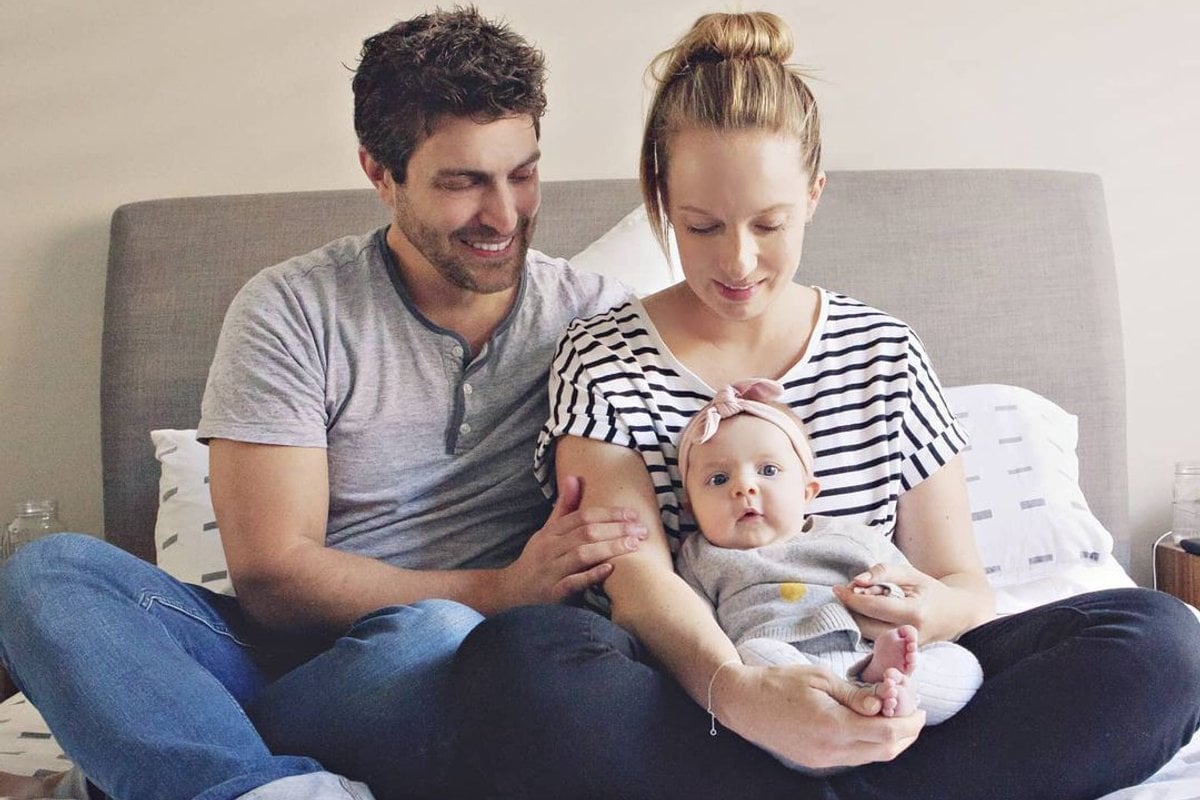
Trigger warnings cause me more trauma, not less; and I am one of the people they are supposed to protect.
What if trigger warnings do not work? Who are they really protecting?
I am a 38-year-old woman who has already lived through numerous traumatic events. I have been diagnosed with post-traumatic stress disorder (PTSD), seen numerous professionals including a trauma specialist, and I take anti-anxiety medication. My trauma sits around child loss.
Five years ago, my daughter Mackenzie was diagnosed with a terminal genetic condition at just 10 weeks old. I spent the next five months of her life watching her get weaker and weaker knowing what was to come. When she was seven months and eleven days old, she died in my arms after a traumatic five days in the hospital where she fought for her life. I watched her spend her last days poked, prodded, covered in tubes and wires. She initially looked at me with pleading eyes asking me to help her, but I couldn’t. I watched on helplessly, unable to protect her or save her.
I have also experienced one miscarriage, seven chemical pregnancies, nine rounds of IVF which caused endometriosis stage four and deep vein thrombosis, multiple failed embryo transfers, and have undergone terminations for medical reasons on two of my other babies, Bella and Leo, at 16 weeks pregnant due to them also holding life threatening genetic conditions. I walked into those hospitals pregnant and came out missing a part of me.


Top Comments